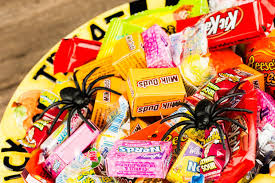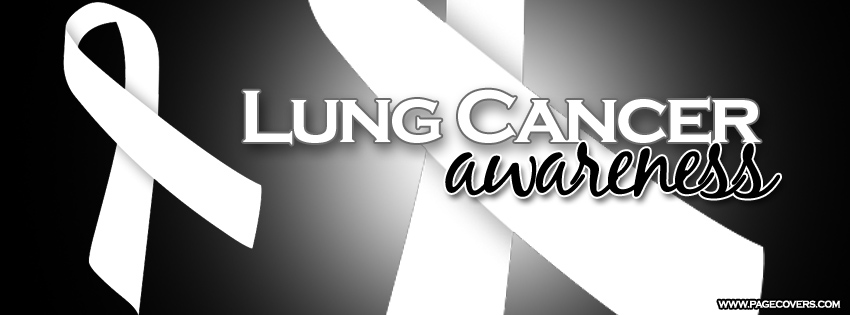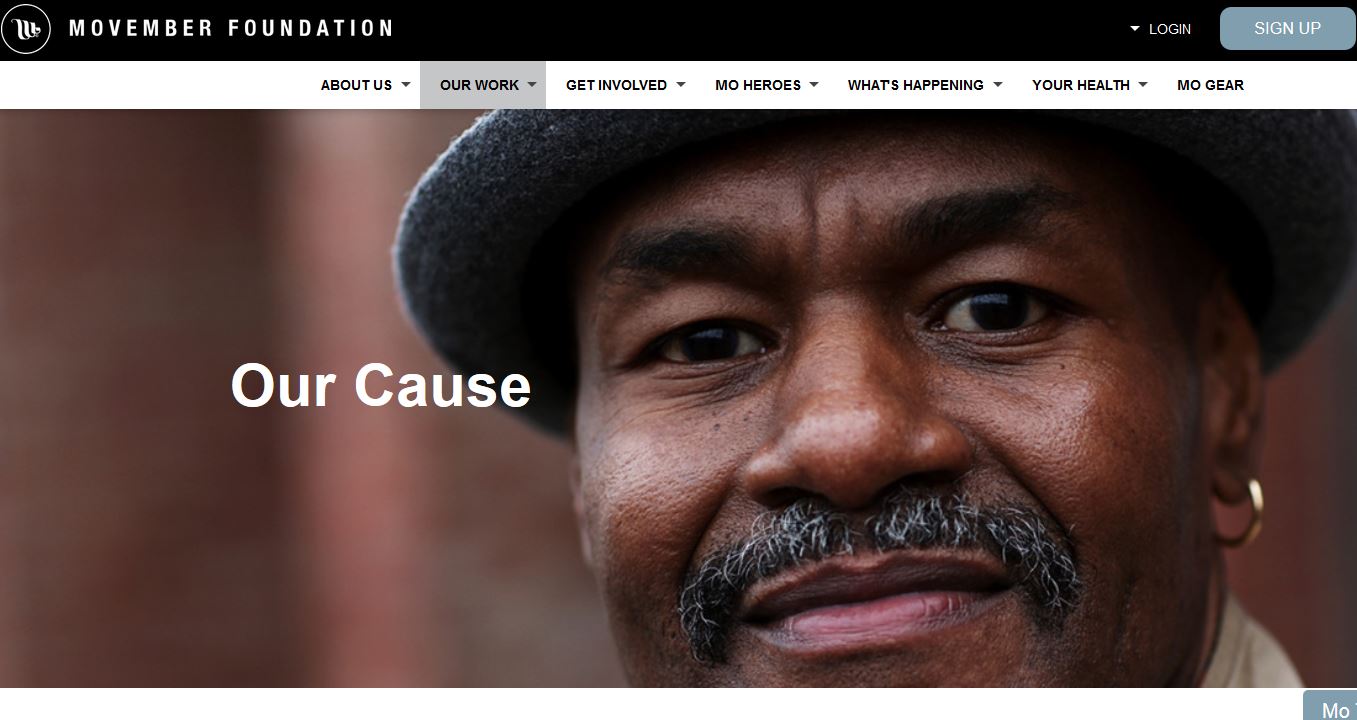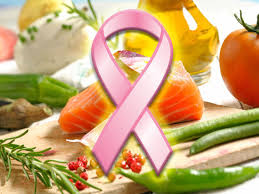 The Trick to Treats!
The Trick to Treats!
Forget the haunted house; the spookiest Halloween specter is the candy. We show you how to deal. Talk about scary: Halloween is a hard time to stay on plan. What can you do when those 5-pound bags of candy go on sale at the grocery store, or when your kids have laid out their loot on the living room floor? We’ve surveyed some people who have had success with Weight Watchers, and found out how they tackle the scariest Halloween candy scenarios.
Resist the sales
“My biggest Halloween challenge is not falling for the coupon in the paper,” says Linda. “A 5-pound bag of Snickers on sale is still a 5-pound bag of Snickers.”
Buy late
“The closer to Halloween you buy the candy,the better,” says Maggie. “In fact,” she says, “never, ever open the bag before the first trick-or-treater comes.” That way, you’ll have less total temptation time to cope with.
Buy candy you don’t like
Dina says she heads straight for Mounds and Almond Joy when she has to pick up the Halloween candy. “Coconut is the one thing Idon’t like,” she says.
Make up a game plan
If you decide to go for the mini Reese’s that the kids will love you for, says Maggie, “Start giving out more as the night wears on, so there’s less left over.” If there are still remainders, get them out of the house. Give the candy away to a food charity, collect it all and offer it to the neighbors, or bring it to work (and drop it off in a different department) .
Go out on a full stomach
If you have to walk your kids around to trick-or-treat, make lunch your big meal of the day, so you’re not walking around hungry with bags full of candy. Carry a thermos of something hot to sip on, or, as Manhattan meetings Leader Liz Josefsberg says, chew mint gum throughout the night. It’ll help kill your urge to put candy in your mouth.
Come up with a candy strategy
When the candy’s at home,work with your kids to decide what to do with it. Have them pick their 10 favorite pieces: If they’re young, encourage them to leave the rest out for ‘The Great Pumpkin.” And if they’re too big to believe,encourage them to save the rest for lunches and parties.
Freeze!
Liz suggests putting left-over favorite candy in the freezer. If you get weak and find yourself digging into them,they will be rock solid and it will take time to get through even one.
Ditch the sense of occasion
Remind yourself that you can buy yourself candy any time of the year.There’s no need to load up on fun size bars on October 31 when you can enjoy them whenever your heart desires.
Keep things in perspective
Eating a little bit of candy on Halloween doesn’t make a person overweight -it’s constant overeating that can pile on the pounds.So don’t assume you can’t enjoy even a single treat. especially since deprivation is a dieting tactic that often backfires.
Slimming treats
Halloween means candy wherever you look, and it can be hard denying yourself outright. For those who like to have a candy bowl nearby, we searched the shelves for candy that was lower in POINTS® value, but still gave a bang for the buck. Miniatures are a great deal in terms of portion control, while chewy candies turn out to be a big mouthful bargain and hard candies and lollipops score high for long-lasting satisfaction.








